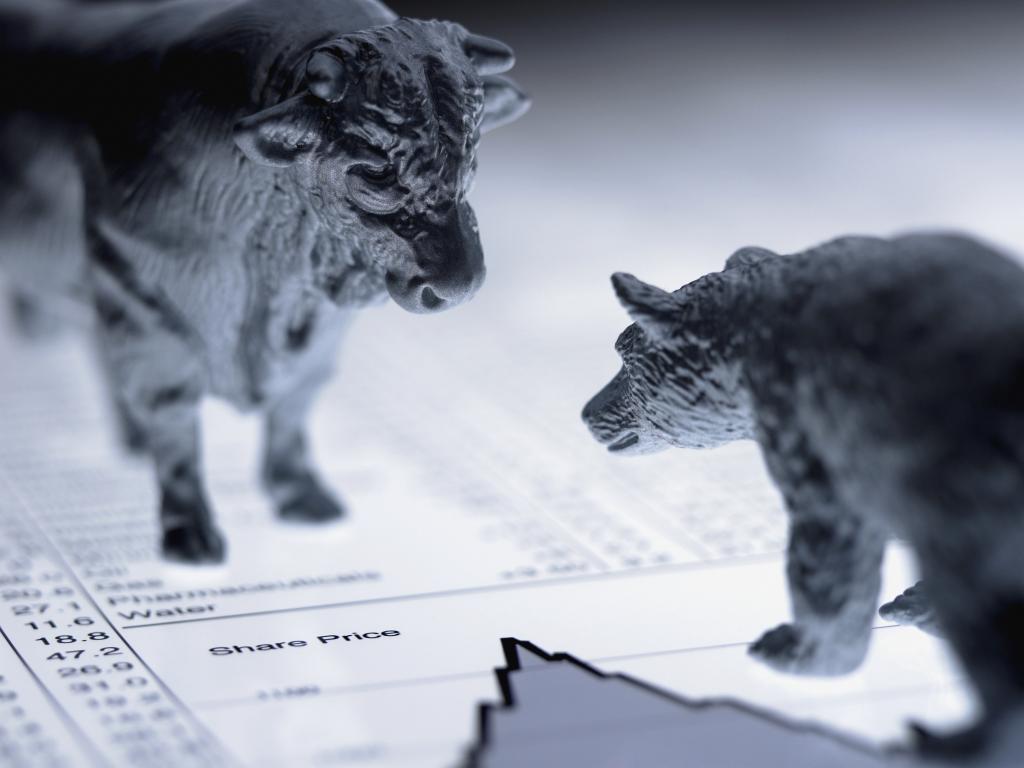
Bad News for Global Markets
By Daniel Gordon
[divider]
[dropcap]F[/dropcap]or global markets, January has been a surprisingly disastrous month. Volatility has been the order of the day, with multiple-percentage-point-drops and rebounds common occurrences in the equity markets of both developed and developing countries. According to a compilation of data from Thomson Reuters cited by the Financial Times, six major market indices are in bearish territory, having fallen more than 20% from previous highs. The American S&P Index was also down nearly 10% from previous highs. On Thursday, CNN’s fear and greed index recorded a nine out of ten for extreme fear among investors. Markets tumbled because of falling oil prices, weakness in China, and perhaps a premature interest rate hike in the United States (US). These three forces will not disappear anytime soon and portend a year of numerous economic challenges. Spooked by bad global economic news, investors have reacted strongly, selling off shares and making the market drop more than events warranted.
Oil is one of the prime reasons for January’s instability. Prices are now at multi-year lows, with West Texas Intermediate, an American benchmark, selling at around 32 dollars per barrel. That low price comes after an astonishing 9% rally on Friday, the largest one-day increase since last August. Analysts are predicting that “lower for longer” is the new trend in oil prices. Prices have stayed low for several reasons. First, the Organization of the Petroleum Exporting Countries (OPEC) refuses to decrease production, perhaps in a bid to drive higher-cost producers out of business. Second, Iran will be entering the market soon following the implementation of the Joint Comprehensive Plan of Action, flooding the market with exports. Third, falling global demand, stemming from a slowdown in manufacturing, has depressed prices even more.
The correlation between falling oil prices and the equity markets is inexplicable. According to Alan Blinder at the Wall Street Journal, “markets are scaring themselves.” In fact, cheaper oil is good for most American businesses and consumers. Moreover, jobs in the oil sector account for only one eighth of one percent of non-farm employment, and the energy industry’s capital expenditures account for only about 5% of the total. The pressure on the oil industry will thus not devastate the American economy, even if it does suggest that global demand is weakening.
Troubling news out of China has also contributed to the market downturn. According to the most recent Gross Domestic Product (GDP) numbers, the accuracy of which is always difficult to determine, China’s growth last year was the slowest in a quarter of a century. Nevertheless, top investors have diverging views on the direction of the country. At the World Economic Forum in Davos, Switzerland, George Soros stated that in China, “a hard landing is practically inevitable,” whereas Stephen Schwartzman claims that China is “slowing, but it’s not collapsing.” Whether or not the fundamentals in China are stable, markets have taken heed, and weaker GDP and manufacturing numbers have contributed to selloffs in the global equity markets.
The reaction to lower oil prices and Chinese unpredictability has led to an overblown reaction in American markets. Exports to China from the US account for 7% of exports, a sizable percentage, but a slowdown of a percent or even two in China should not have as deleterious an impact on the American economy as markets think.
A major concern for the US is the relative strength of the dollar. The Federal Reserve’s decision to increase interest rates by a quarter of a percent last December—for the first time in almost a decade—has pushed the strength of the dollar even higher. Indeed, the trade-weighted dollar index continues to climb to a decade-long high. The worry is that as the dollar becomes more expensive, so will American exports to foreign markets, lowering demand. That would dampen GDP growth, especially in manufacturing. This fear is legitimate, even if it has escaped the top headlines.
As the global economy takes into account falling oil prices and a weaker China, some concern is justifiable, although it does not rationally translate into the current panic in global equity markets. Even if the market eventually recovers from its January depression, the road for the year ahead will certainly be filled with potholes.
Daniel is a Junior in Ezra Stiles college who blogs about international economics. You can contact him at daniel.gordon@yale.edu.